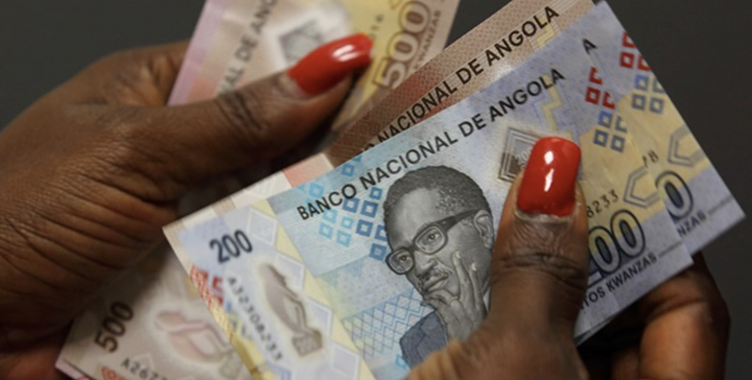In an article published by CEDESA – Center for Studies for the Economic and Social Development of Africa, João Shang, an associate researcher of this multidisciplinary network, states that the floating exchange rate did not meet its objectives, including avoiding money laundering.
On October 25, 2024, Angola re-entered the gray list of the International Financial Action Task Force (FATF) and with more rigorous scrutiny with regard to money laundering, terrorist financing and weapons proliferation.
At the same time, points out the researcher at the Kwenda Institute, a Chinese think tank that brings together economists, sociologists and politicians, the floating exchange rate in Angola has also caused serious exchange rate illiquidity.
"Domestic and foreign businesspeople cannot send money abroad to buy goods, and to maintain business they have to use the informal market. When they do not send money abroad to buy new goods, domestic consumer prices rise sharply", describes in his article.
A situation that "has been going on for a long time in Angola" due to the fact that the kwanza is a weak currency in relation to Western currencies.
"Since [the National Bank of Angola] introduced the floating exchange rate in 2018, the kwanza has been devaluing and never stops. Canceling this floating exchange rate system is a priority", argues the academic.
Floating exchange rate means that the price level of the national currency is determined by the supply and demand mechanism without interference from the central bank.
João Shang refers in his text to the devaluation of the kwanza since January 1, 2018, when the US dollar was exchanged for 165.92 kwanzas, until December 30, when the US dollar was already worth 308 kwanzas.
In the last year, the US dollar reached a maximum of 954.50 Kwanzas on October 2, 2024.
"This means that (...) the kwanza has failed to have the capacity to confront foreign currencies, which is why it is continuing to depreciate", highlighted the academic.
The university professor also mentions that other international currencies, such as the dollar or the euro in the European Union, are traded through international currency exchanges in a floating system, but their governments try to determine the prices of currencies through indirect mechanisms of monetary policy, to obtain economic benefits.
"For example, the US just by raising interest rates can reduce the profits of third countries that use US dollars", he noted, stressing that the implementation of floating exchange rates in developing economies can bring "risks of unpredictable consequences" especially in countries with weak political institutions, lack of transparency and weak rule of law.
Furthermore, "the decision to float a currency during a period of economic turbulence typically has a number of negative consequences for the economy and society", including high inflation.
"External markets will also be affected because the external debt that the country needs to pay increases, especially when they have a shortage of foreign exchange resources", highlights João Shang.
On the other hand, the biggest beneficiaries in a floating exchange rate are those who had savings in foreign currency, together with large traders, wholesalers, agents or large importers, producers of raw materials for export, whose production depends on local supply, or even the government, which reduces the burden on the country's general budget by significantly devaluing its internal debt.
But there are also those who suffer losses, notably those who hold savings in local currency – which depreciate due to the reduction in the currency's purchasing power, creditors denominated in local currency and holders of goods who cannot increase their price in accordance with the depreciation of the currency.
Importers, who will find themselves facing high bills, and also wage earners, because their salaries cannot be increased to the same extent as the currency's depreciation.
As for the positive effects, it highlights the elimination of the black market, as traders will receive a single foreign currency rate within banks and all other institutions.
In theory, admits João Shang, floating exchange rates could help suppress money laundering crimes, as foreign exchange transactions can only be carried out through official channels, "channels that money laundering gangs cannot use".







